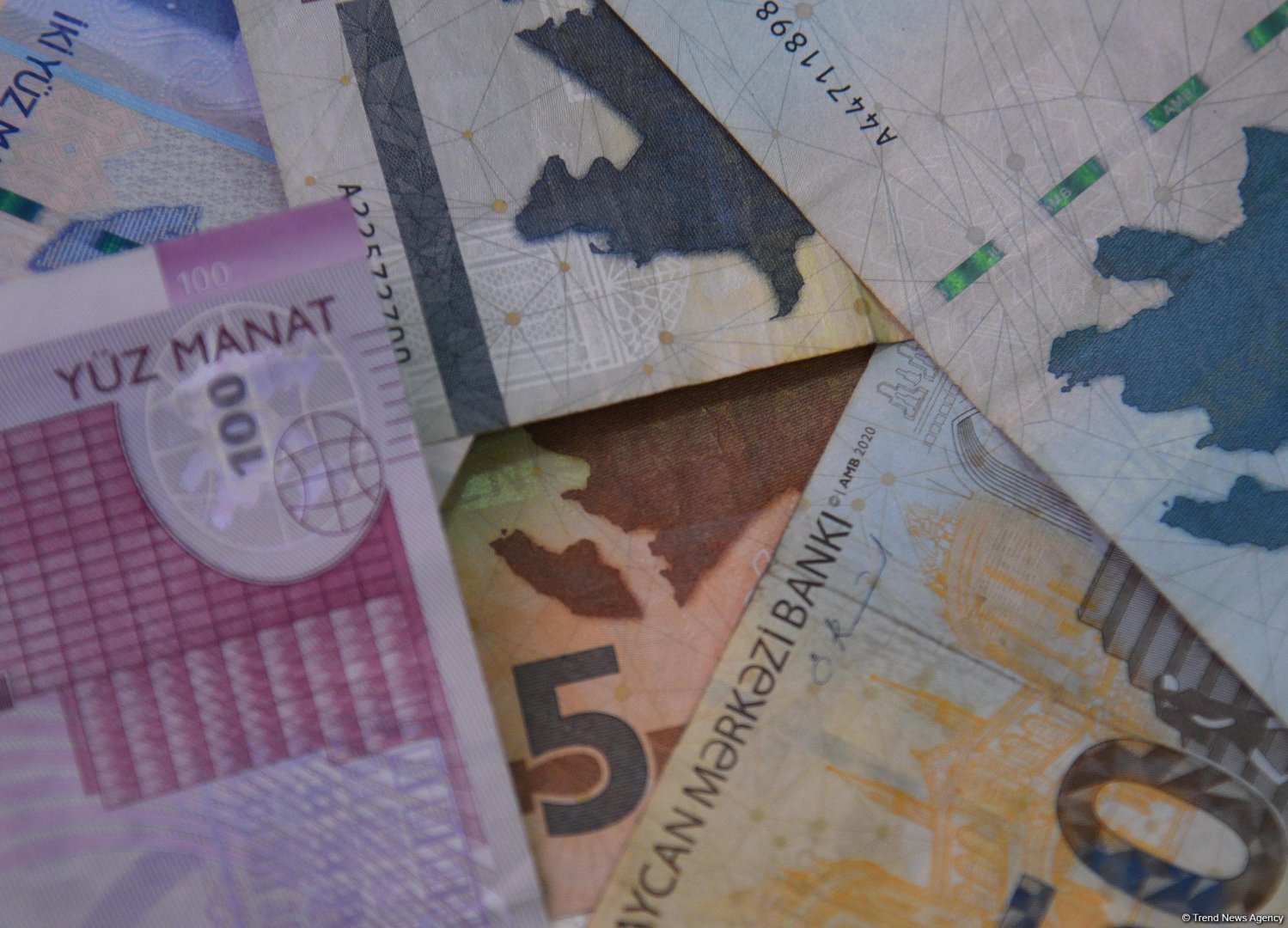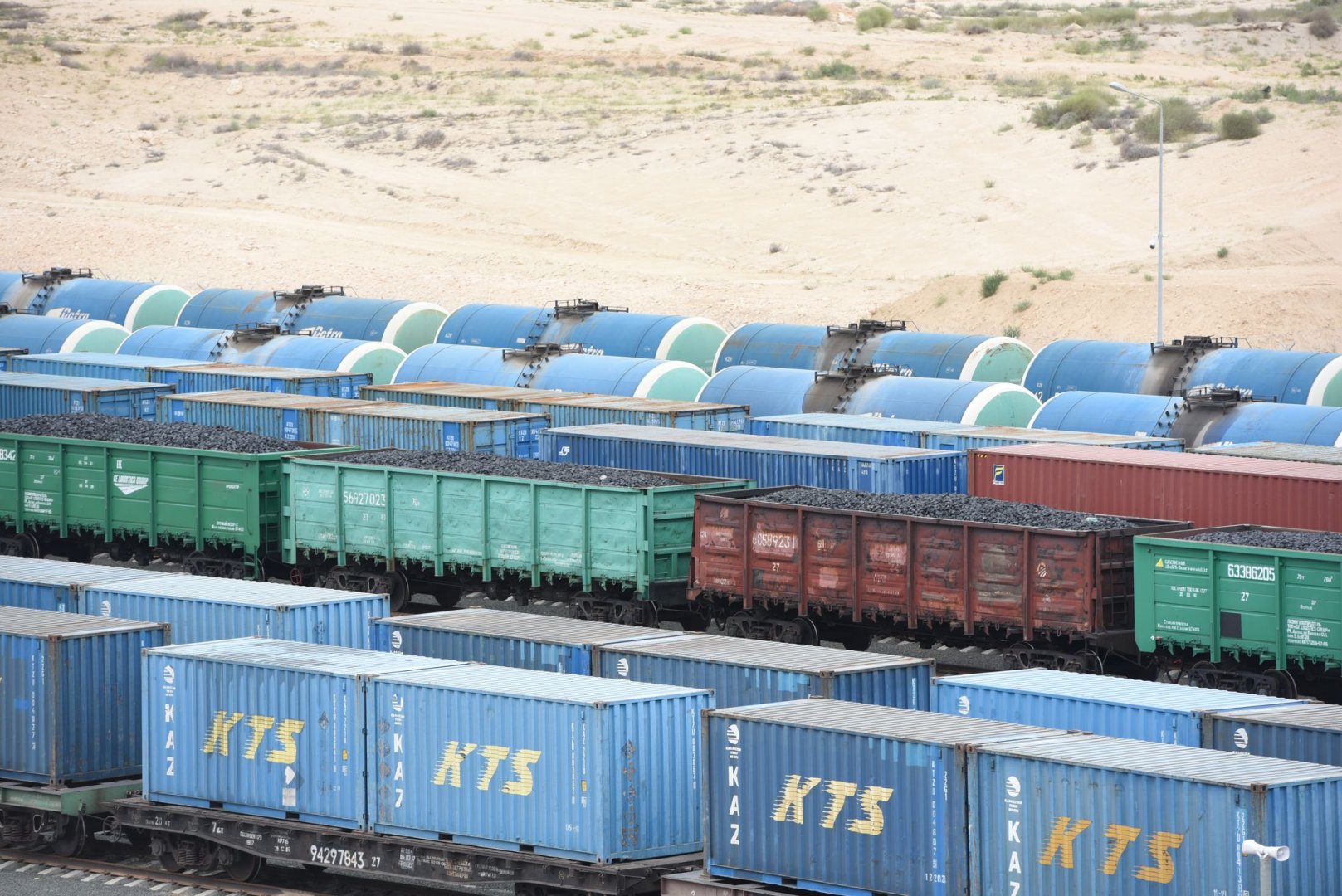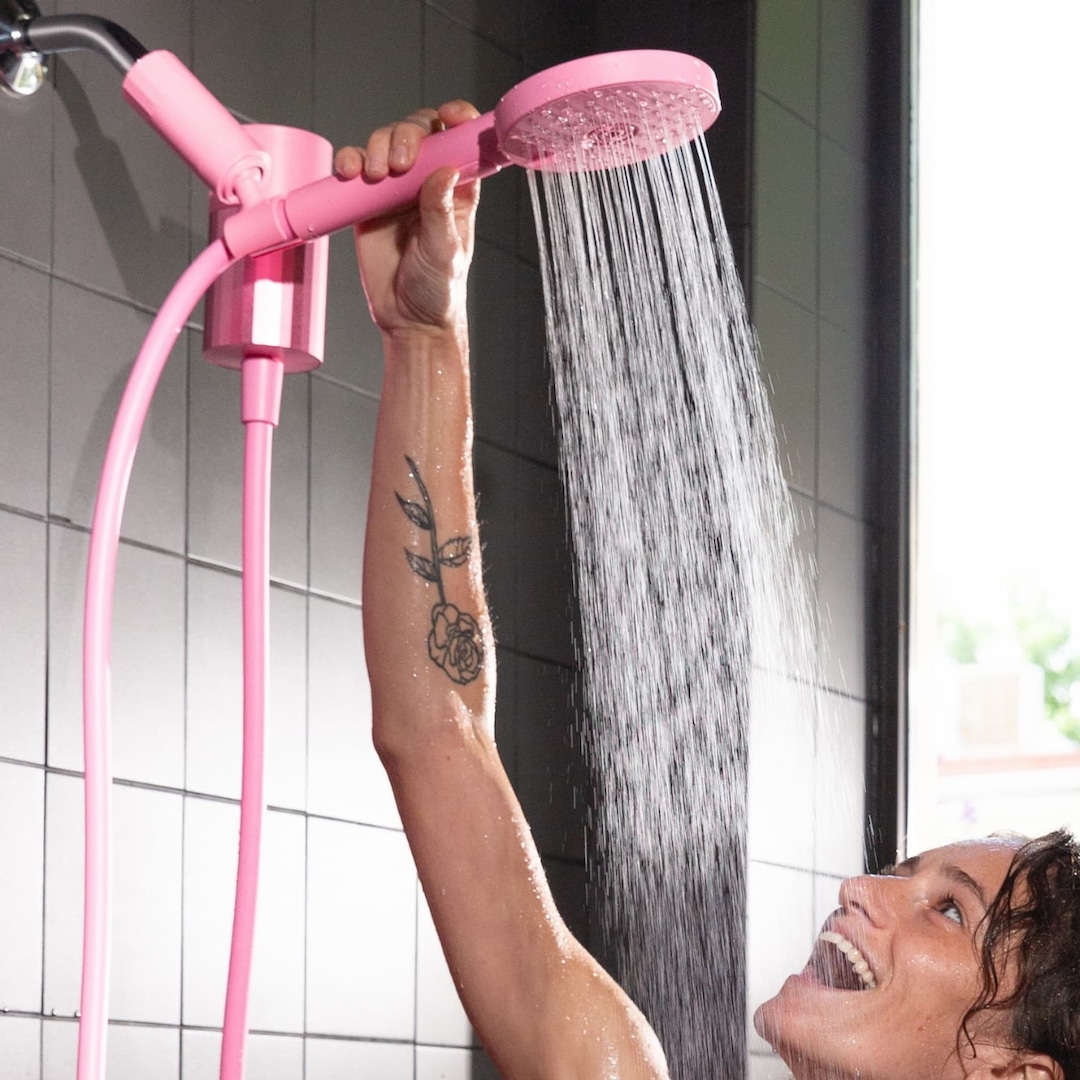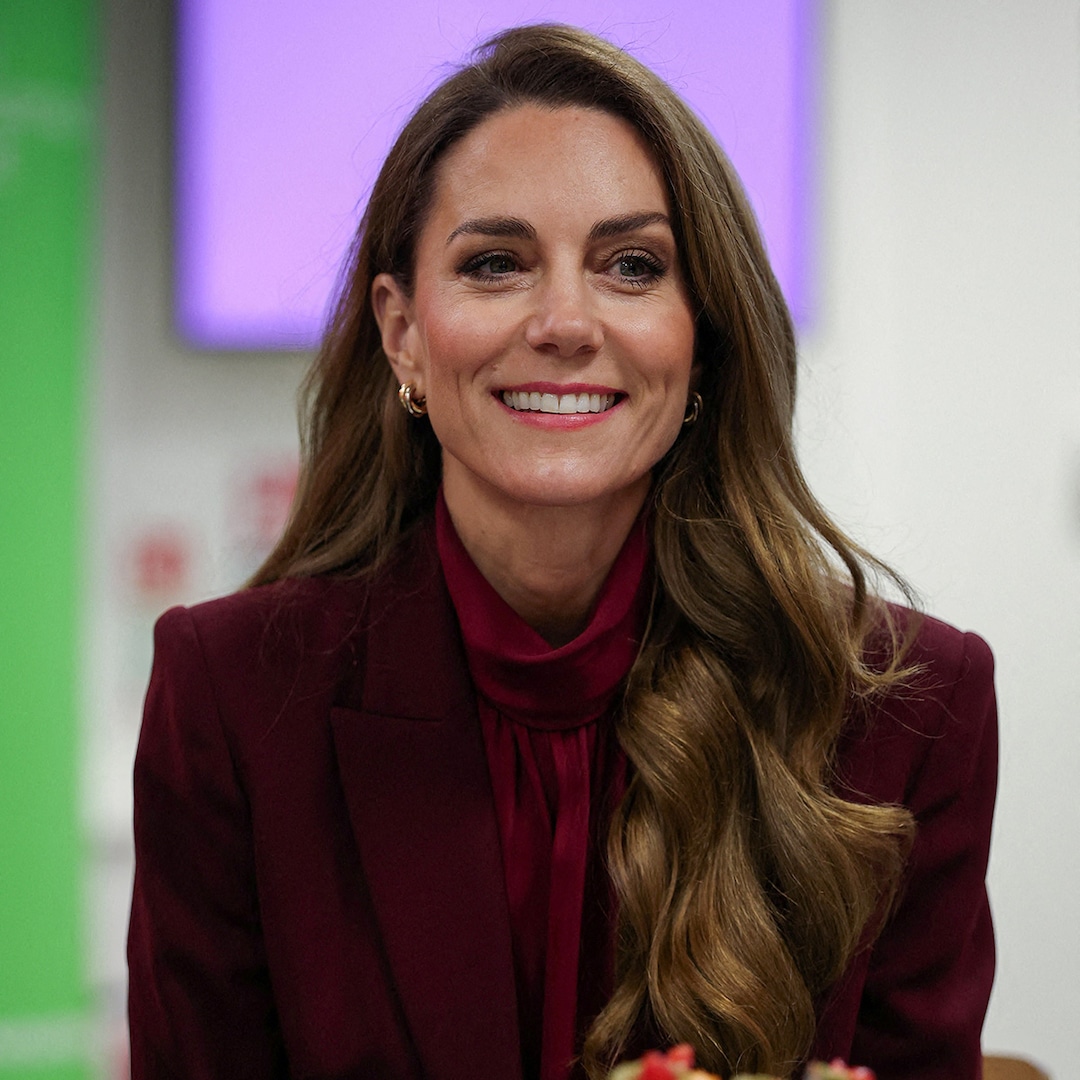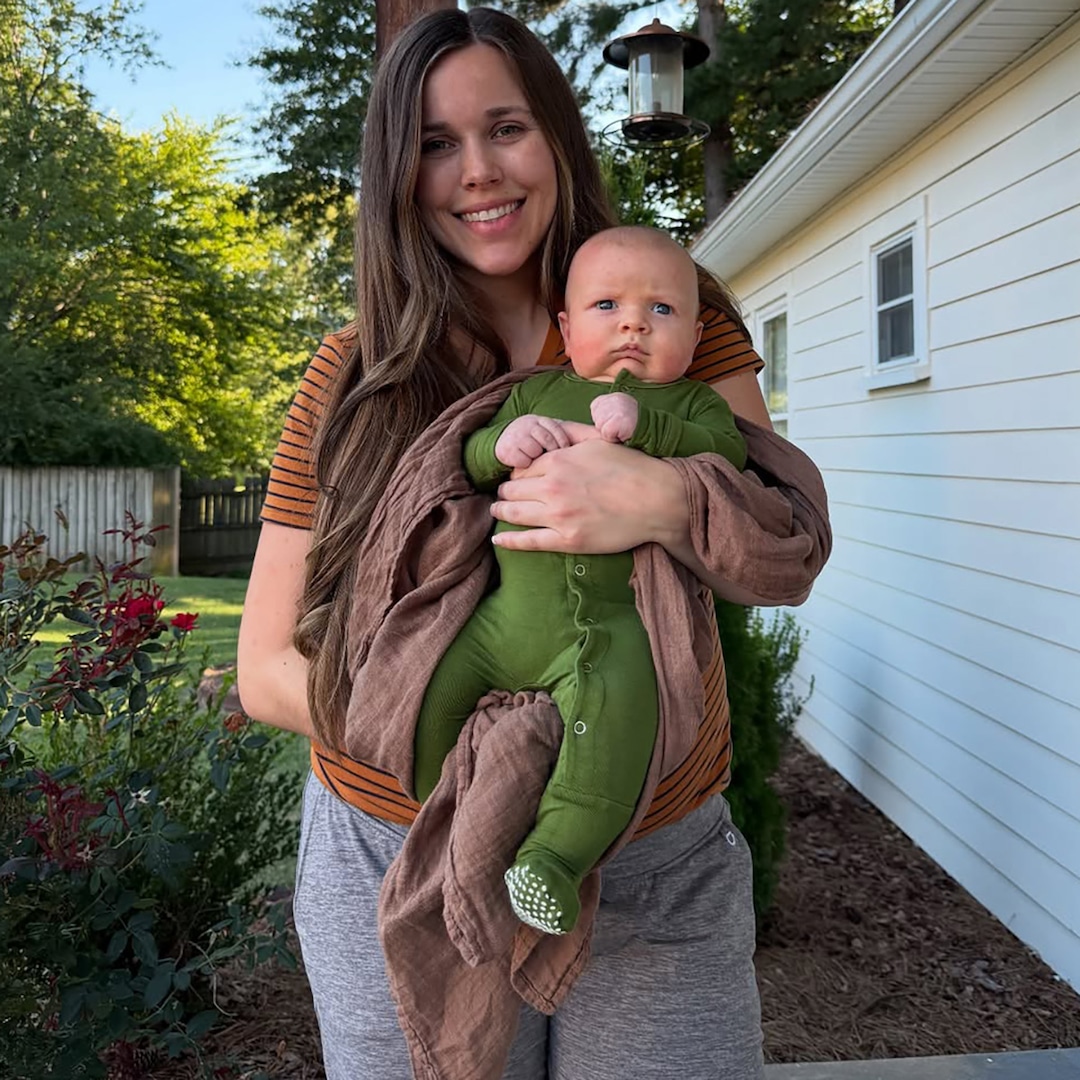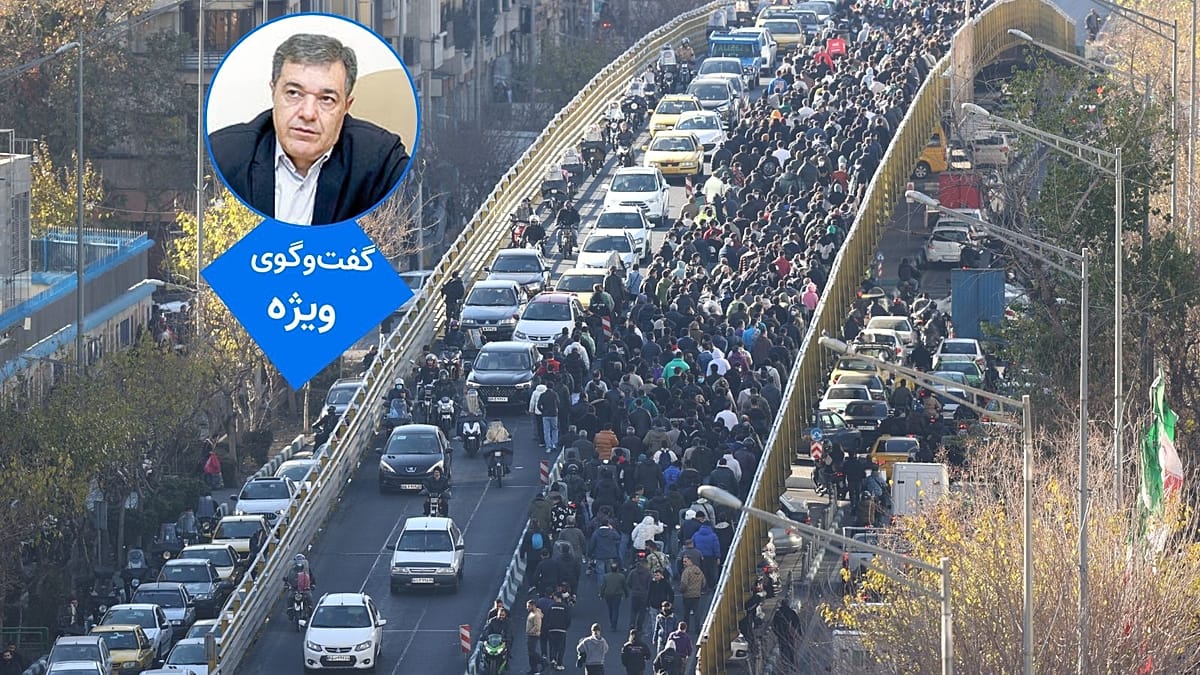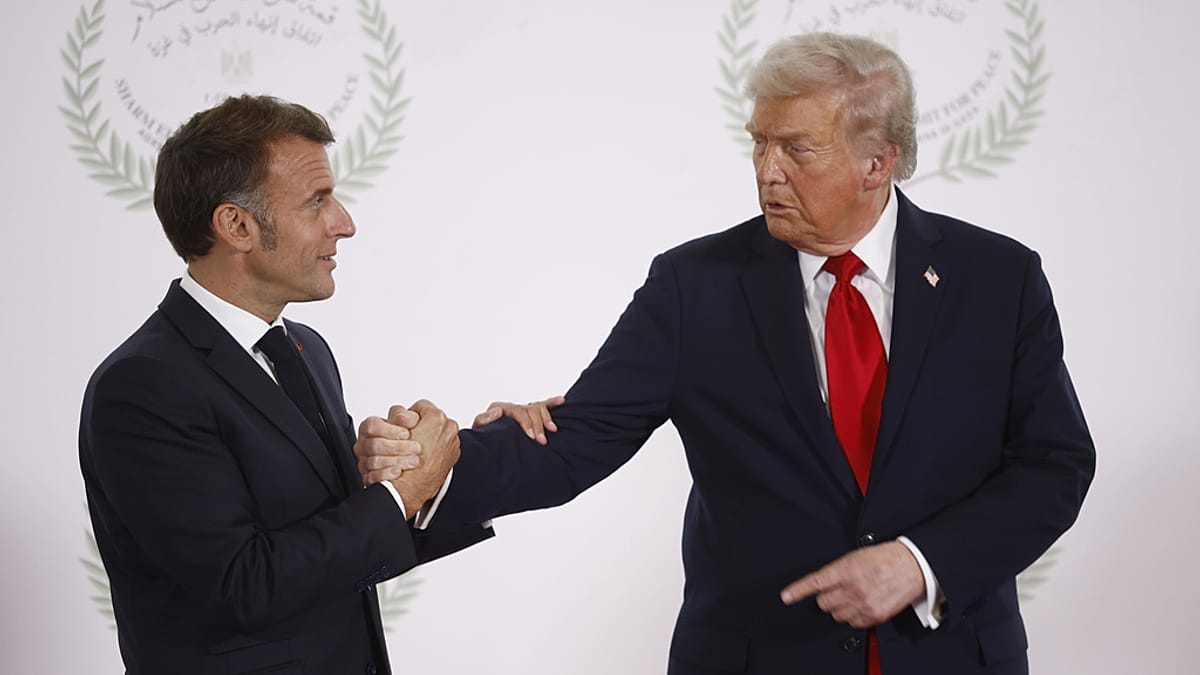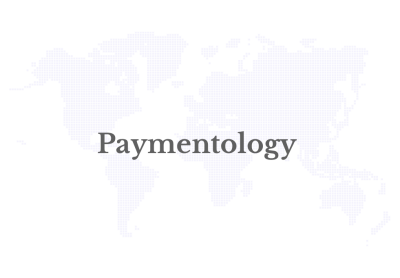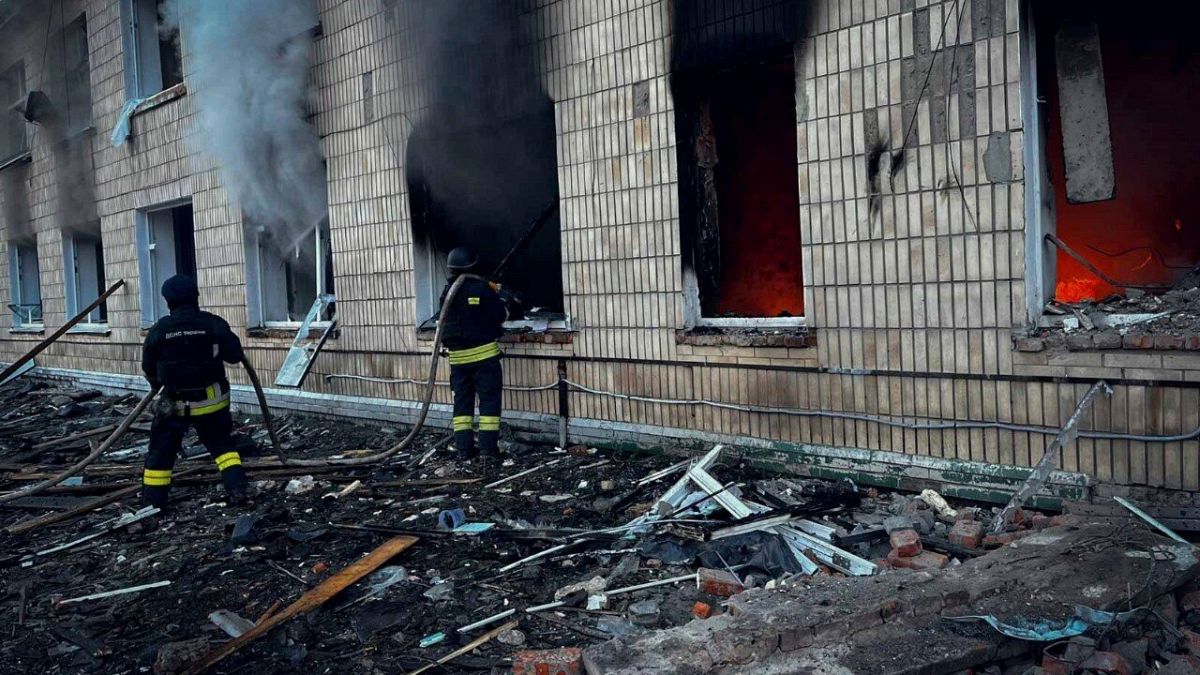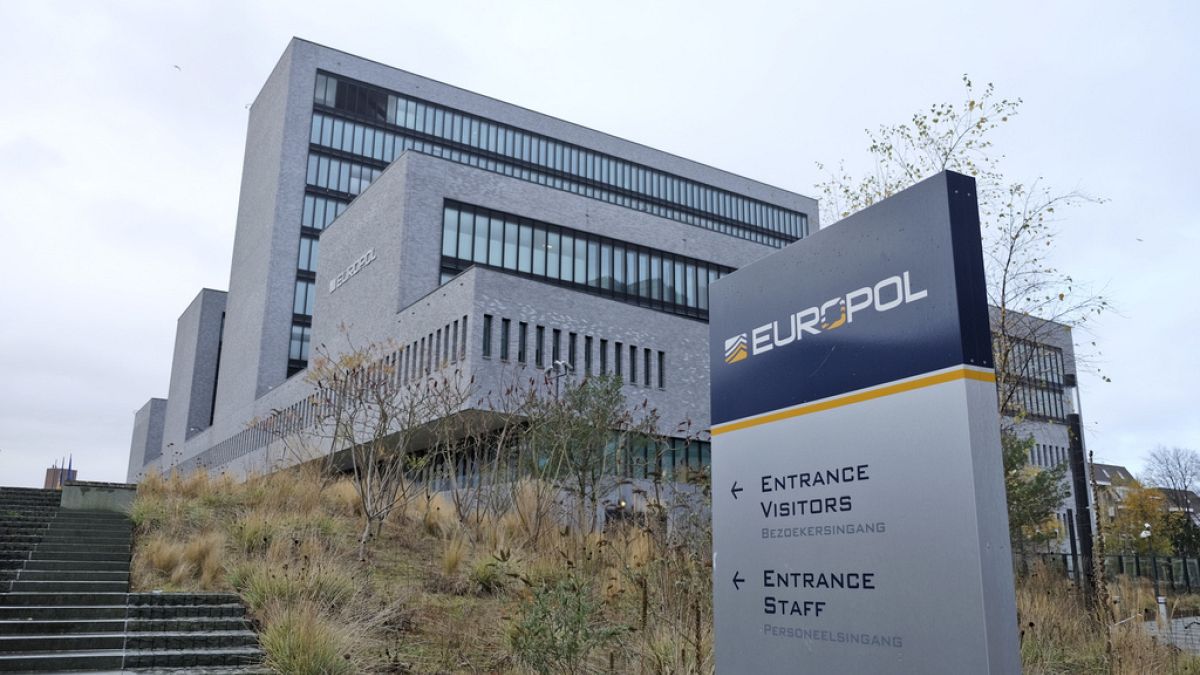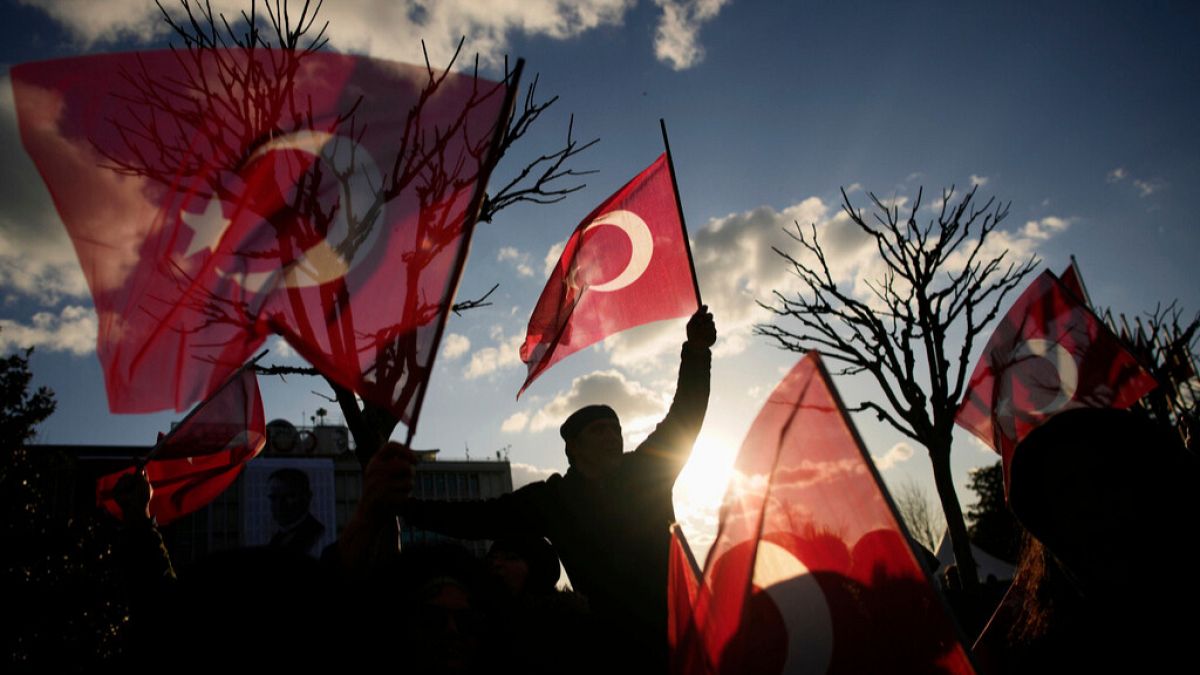Brunner: “We decide who comes to Europe”

Brussels – “We need control over what happens in Europe. That has been missing for the last ten years,” says Austria’s EU Migration Commissioner Magnus Brunner (ÖVP) in an APA interview in Brussels. In 2015, Europe took responsibility for millions of refugees, but “without control or rules.” The issue of migration “burns everyone’s fingers”; he has felt that since the beginning of his term. However, he does not want a “Fortress Europe.”
During the refugee crisis in 2015, he was active as a federal councilor and in the energy sector, “there you have a different approach than in political responsibility,” emphasizes the current Commissioner for Migration and Internal Security. However, he noticed at that time that on one side there was a lot of solidarity and humanitarian aid in Austria, Germany, and the EU overall, but then the question quickly arose: Can this work in the long term and how?
“Give people the feeling back that we have control”
Europe took on a lot of responsibility back then, but “in hindsight, we know that it was all without control, without rules, especially the control was missing,” emphasizes the lawyer. “That is what we need to change now.” After many years of discussion, there is now with the Asylum and Migration Pact “something that gives people the feeling back that we have control over what happens in Europe.” The pact must be implemented by June 2026. The reform of the EU asylum system includes numerous tightening of the existing rules. The goal is to curb irregular migration.
In his discussions with the heads of government and the responsible ministers, it became clear, “we need joint solutions as the European Union with the member states.” The question for him is: “How can we create rules so that the member states and we can better manage these challenges together?” His approach is: “We need better asylum and migration management.” Because it is also clear that the pressure on the population is high, therefore one must “be stricter.”
EU must create determined but fair rules
Brunner wants to combat illegal migration on one hand, but also highlight the differences to legal migration: “These are the things we need to put on the agenda now.” The EU must now “create rules that are determined,” but at the same time “remain fair, have respect for human suffering and human rights.” That is “not easy and certainly challenging, but we have a good foundation with the pact.” However, many EU countries are not satisfied with this.
According to the commissioner, all 27 EU states stand behind the pact. It is “not perfect,” but it is what the member states have agreed upon. The commissioner says a clear “no to reopening”: Restarting the discussions would make no sense. A few points were missing, “which we have additionally provided.” He mentions the proposals for an EU return regulation as well as for safe third countries. “Now it is about implementing quickly, speed is important.” The commission’s proposals must be approved by the EU states and the parliament to come into force.
If “we have better control over illegal migration, we can also talk better about legal migration,” then there would be more understanding in the population, argues the Vorarlberg native. Because “for the labor market, we will need legal migration, the demographics are what they are. We just have to decide who comes to Europe, not the human traffickers.” There are already programs for legal migration, emphasizes Brunner. It is not about “isolation,” he does not want “a Fortress Europe.” With a modern border control system, the EU should have control over “who is in the EU.”
Agreements with third countries complement the asylum pact
With the new pact, asylum centers at the external borders, with the return regulation return centers, so-called return hubs, outside the EU are possible. Brunner emphasizes that he understands the concerns of NGOs that criticize return hubs outside the EU due to human rights concerns. Therefore, his proposals would also include clear protection mechanisms. He also emphasizes the importance of the “external dimension”: “With our rules like the pact, we are putting our European house in order. However, these only work if we also negotiate with third countries.”
Engaging more in cooperation with third countries is important not only for returns, “but much earlier at the beginning, so that people do not set out on the journey.” Therefore, agreements with third countries and true migration diplomacy are needed. As an example, he mentions the agreement with Turkey, which was concluded after the large wave of refugees in 2015 and which works. However, the EU cannot “choose our geography and our counterpart,” he says regarding the criticism that the EU negotiates with undemocratic states like Libya. The leadership in eastern Libya denied Brunner and other politicians entry in July. The delegation “disregarded the national sovereignty of Libya,” according to the administration of that part of the country. (05.09.2025)

